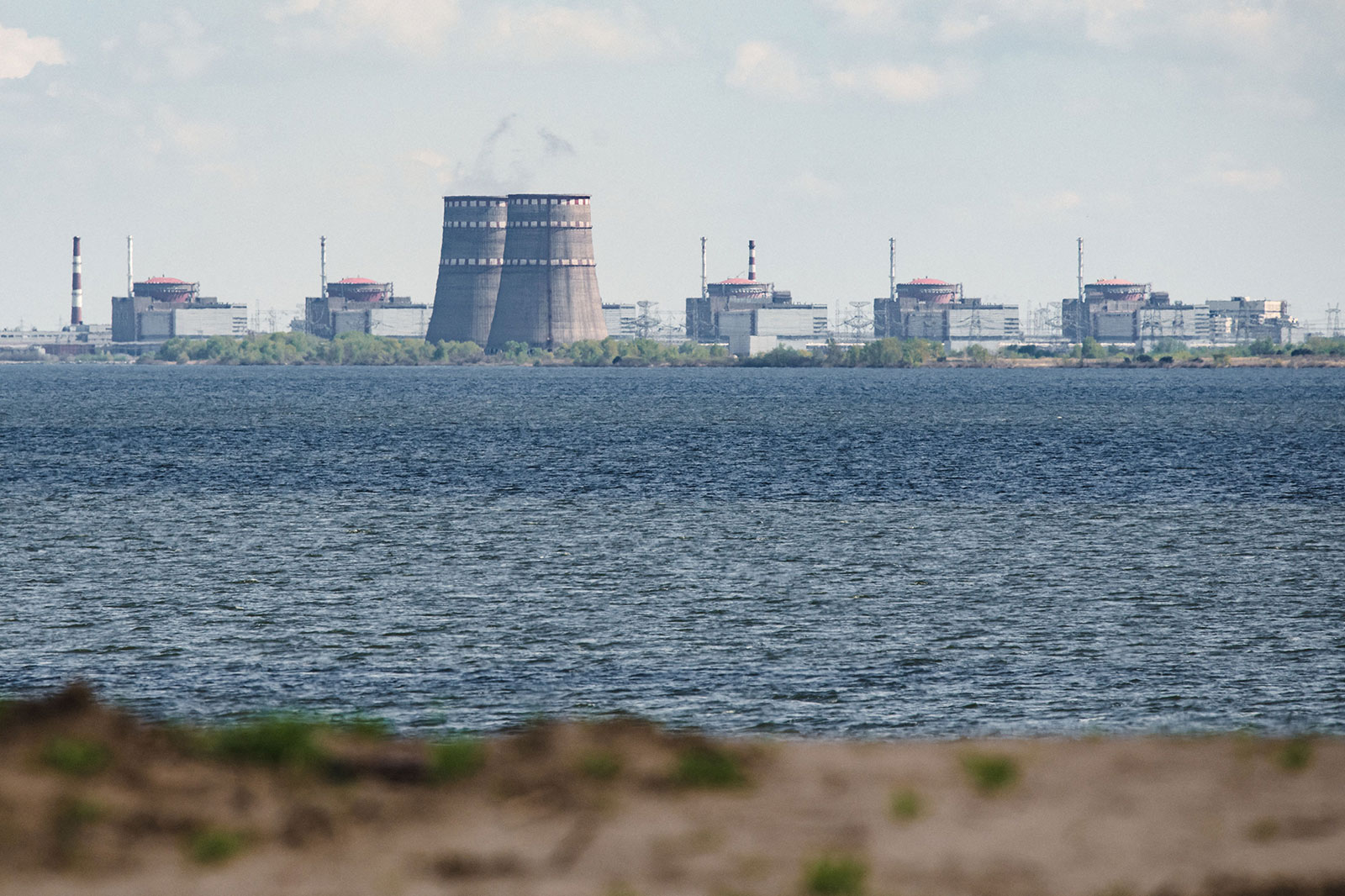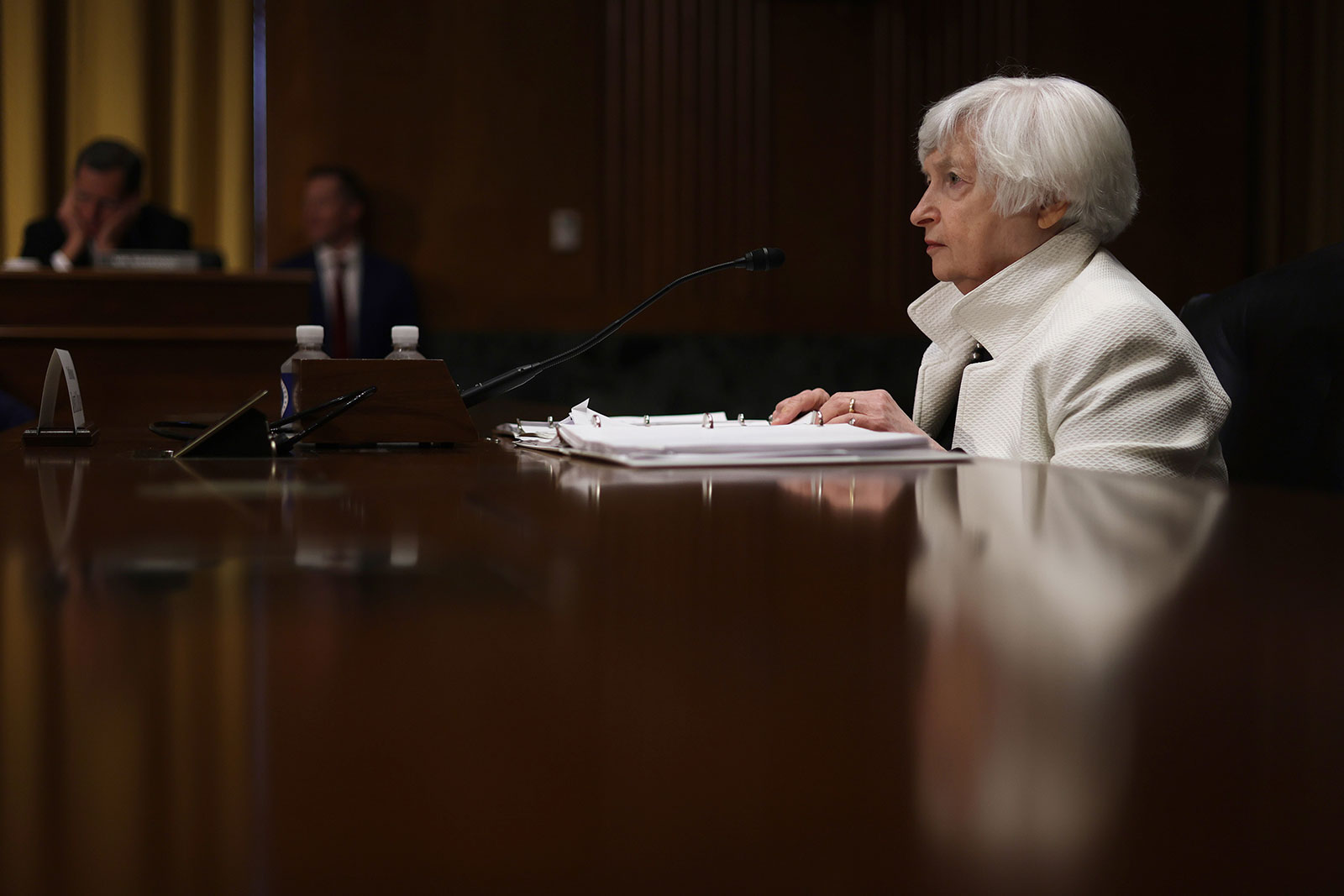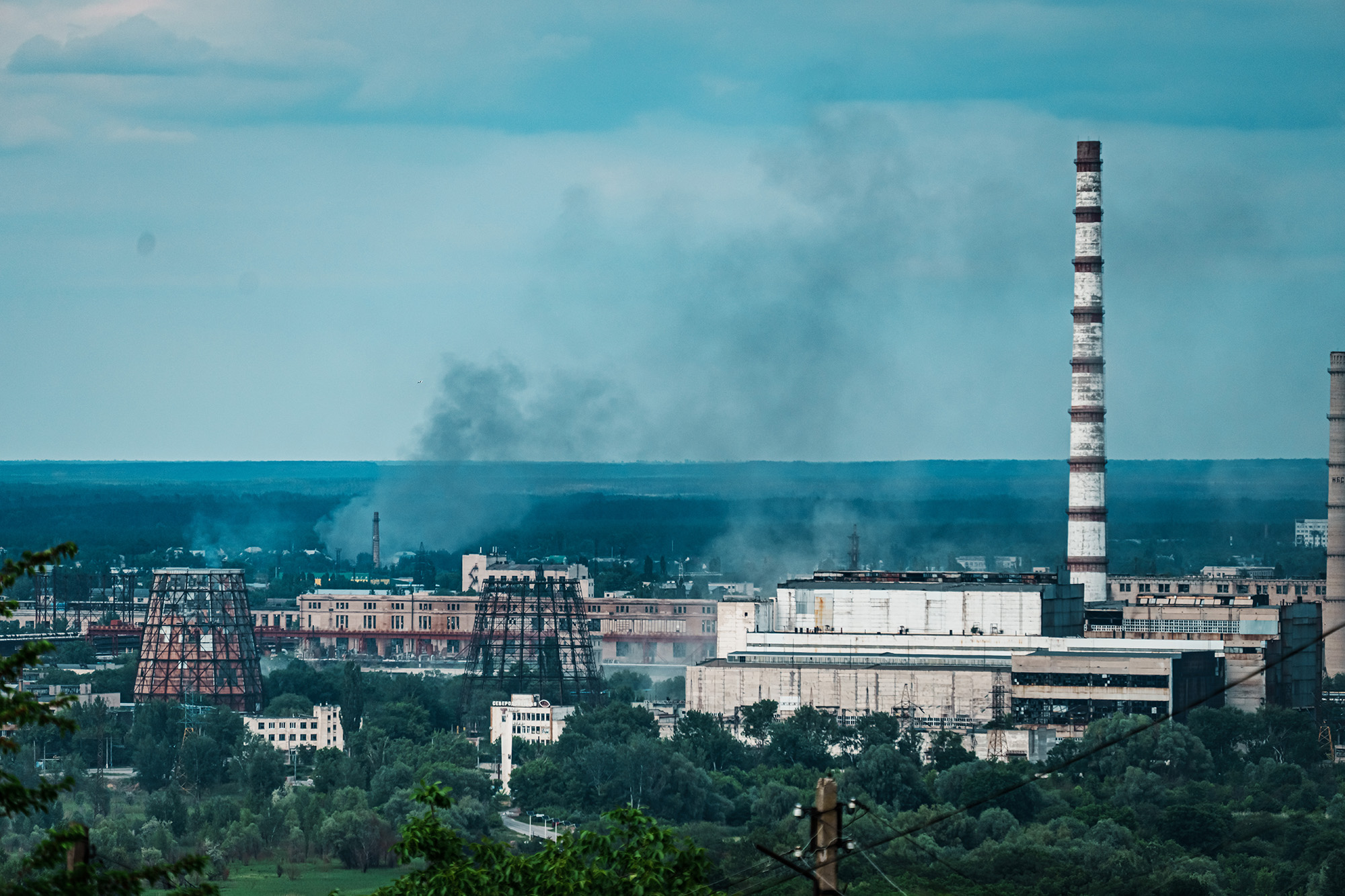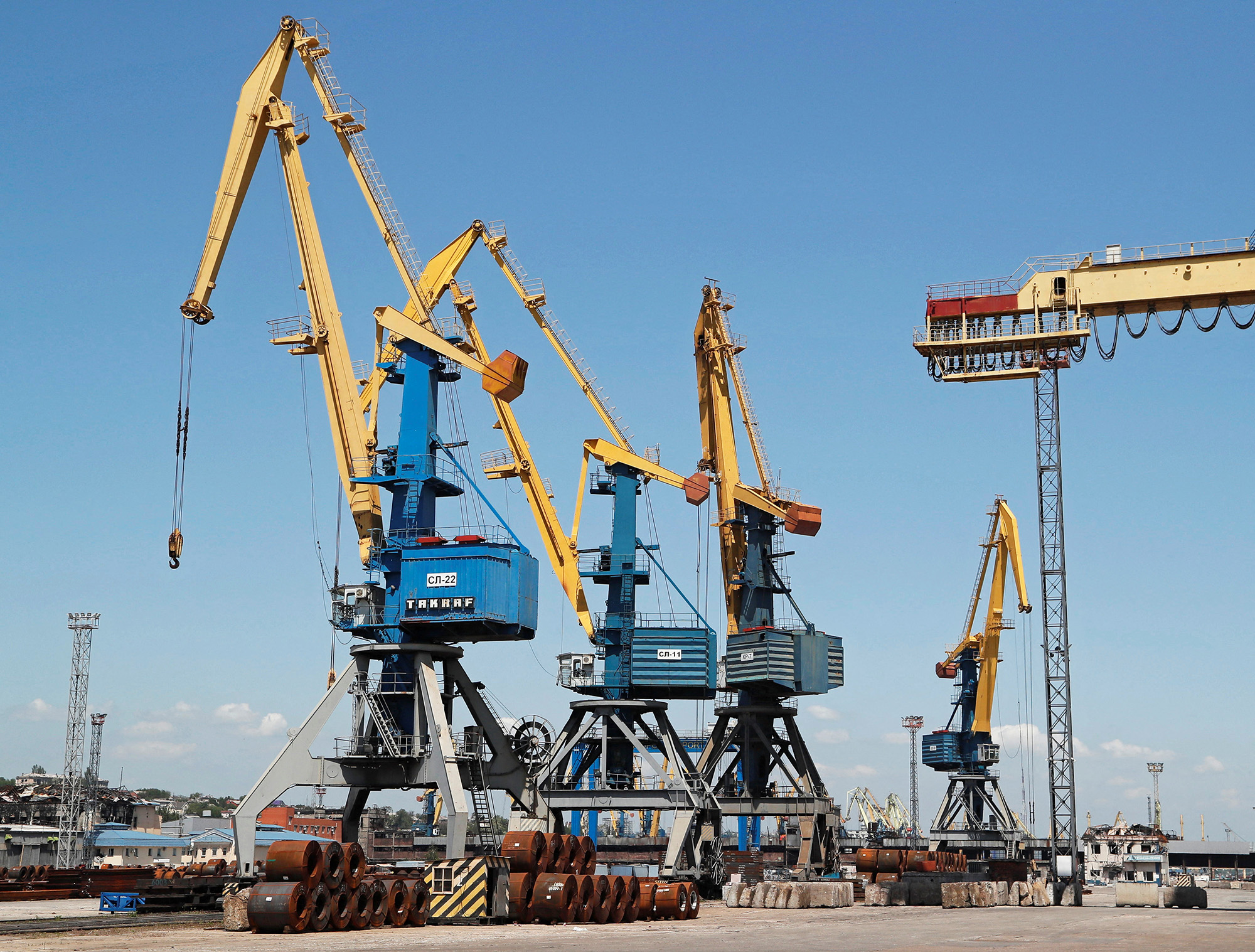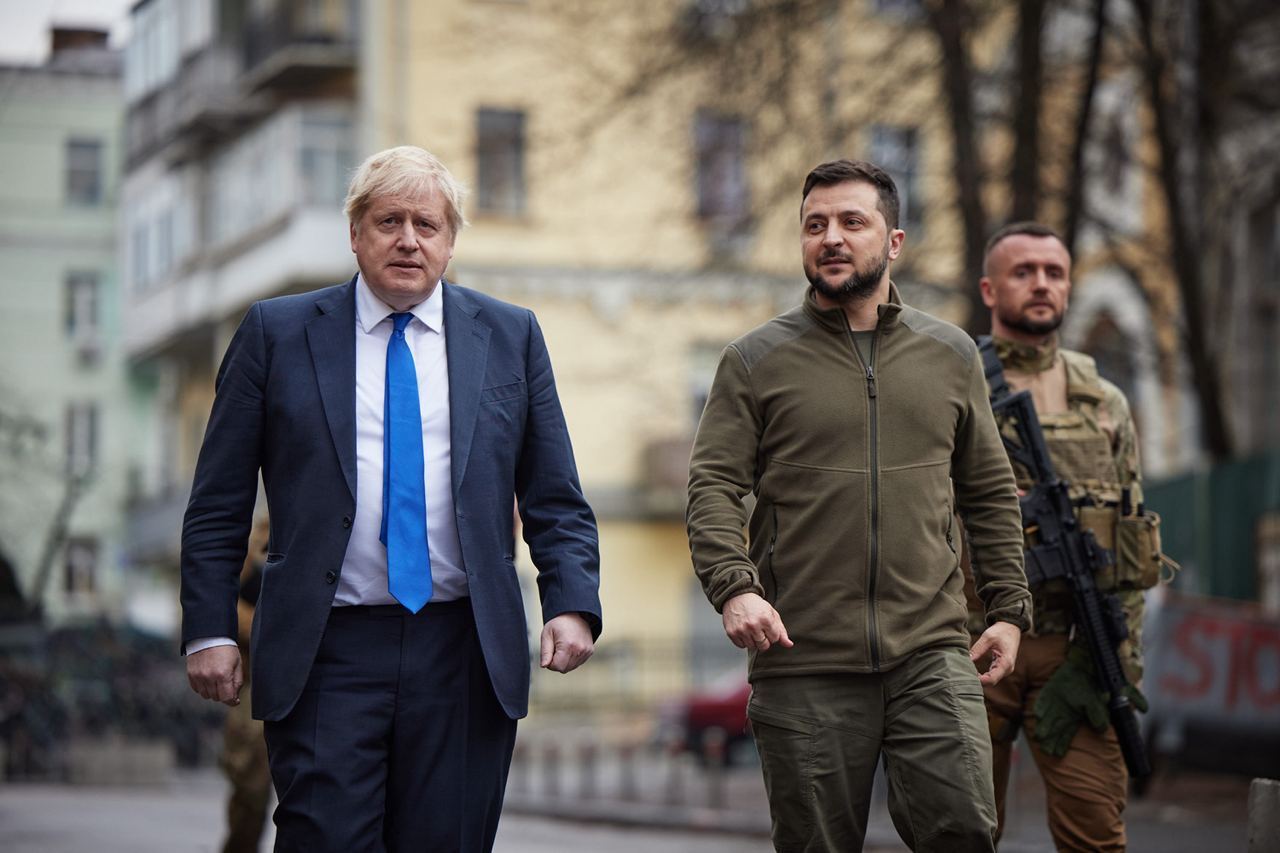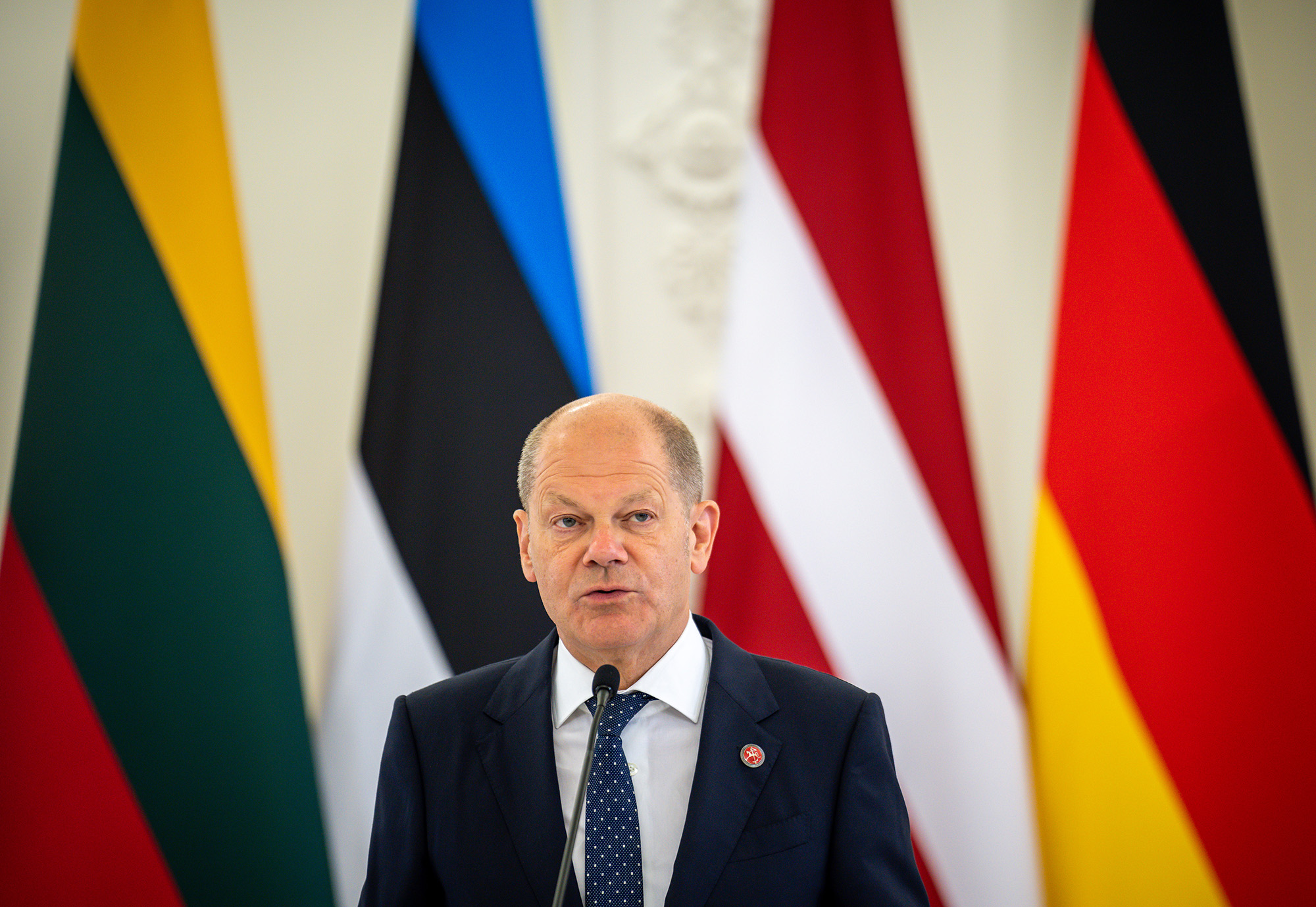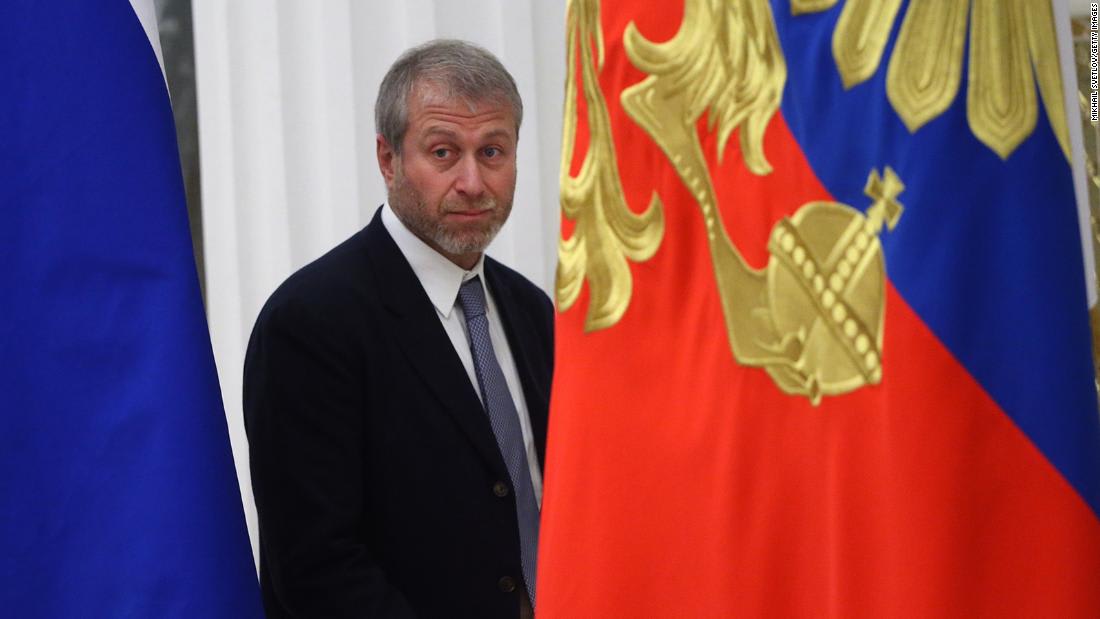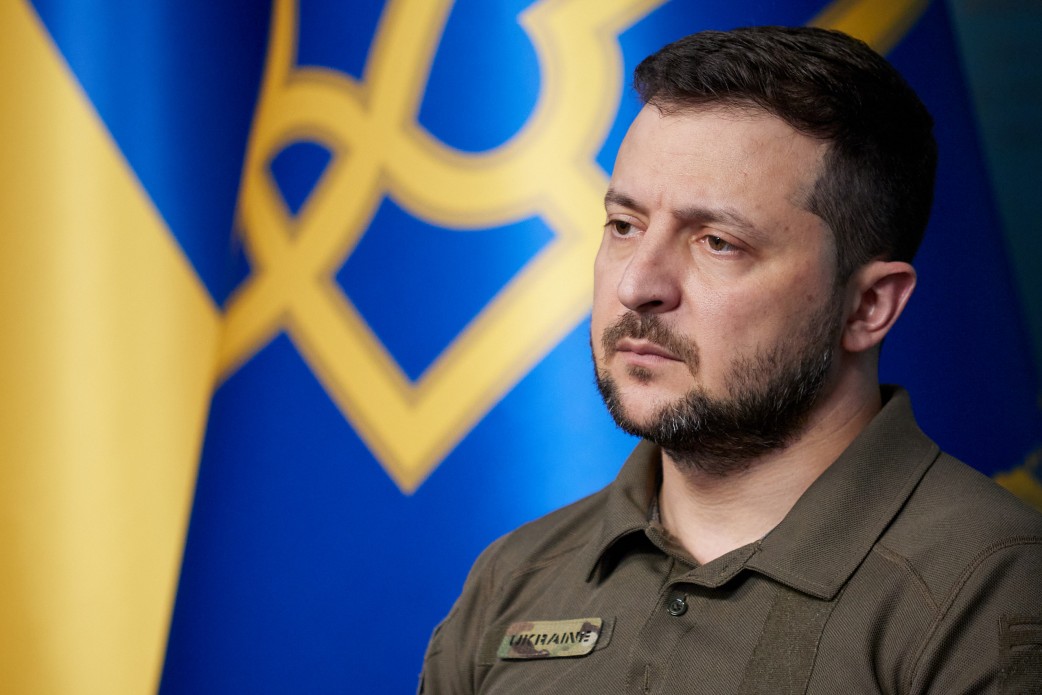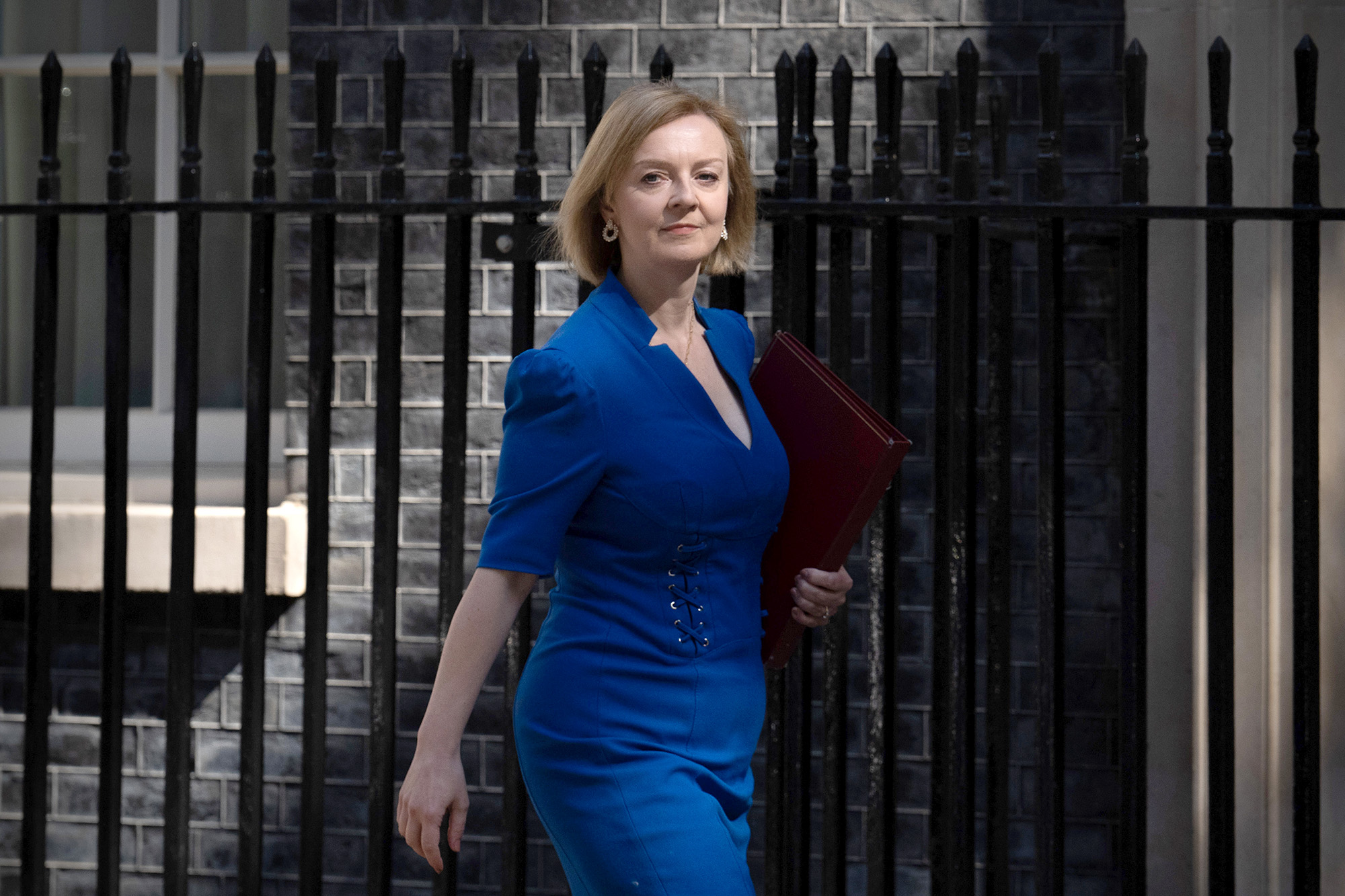The Russian defense ministry said it has created conditions for two maritime humanitarian corridors to allow for the safe movement of ships in the Black Sea and the Sea of Azov, according to a statement posted to Telegram on Monday. The statement comes amid international condemnation over Russia's months-long blockade of key ports.
"The Russian Federation is taking the whole range of measures to ensure the safety of civil navigation in the waters of the Black and Azov Seas," the Russian ministry claimed in the statement. "There remains a danger to navigation and damage to port infrastructure from the drift of Ukrainian mines torn from anchors along the coast of the Black Sea states."
Some context: Global leaders have condemned a months-long blockade by Russian forces at key ports in Ukraine — including Mariupol on the Sea of Azov and Odesa on the Black Sea — which has left more than 20 million tons of grain stuck inside the country. The Ukrainian Navy said Monday that approximately 30 Russian ships and submarines continued the blockade of civilian shipping in the Black Sea.
According to the Russian statement, the maritime humanitarian corridor in the Sea of Azov will operate around the clock to allow ships to exit the port of Mariupol,
Meanwhile, in the Black Sea, the Russian Ministry of Defense said that a maritime humanitarian corridor will operate during working hours "to leave the ports of Kherson, Mykolaiv, Chornomorsk, Ochakiv, Odesa, and Yuzhne in the southwestern direction from the territorial sea of Ukraine."
The Russian ministry also accused Ukrainian authorities of not taking steps to solve the issue of blocked ships.
On Tuesday, Kremlin spokesperson Dmitry Peskov restated that Ukraine must de-mine the coastal waters for grain ships to pass and ensured Russia will facilitate their passage and won't use the de-mined sea corridors to attack Ukraine.
Ukraine has also accused the Russians of placing mines in the Black Sea.
CNN’s Anna Chernova contributed reporting to this post.
